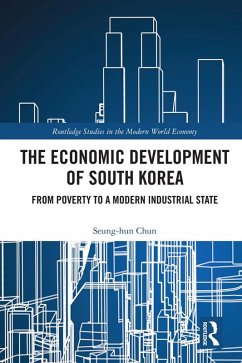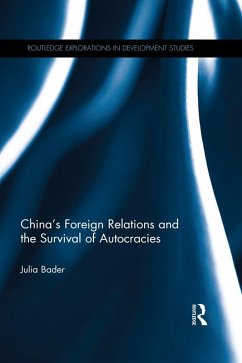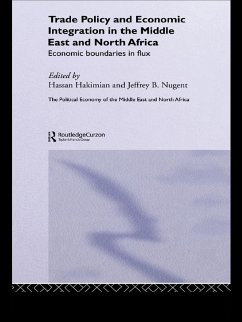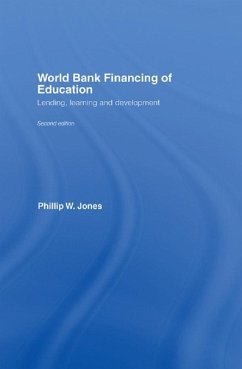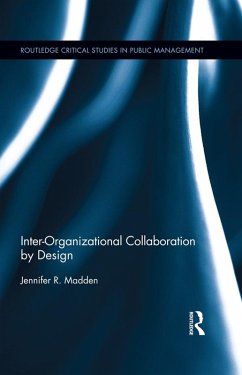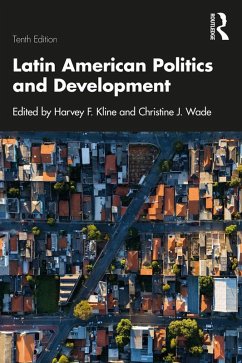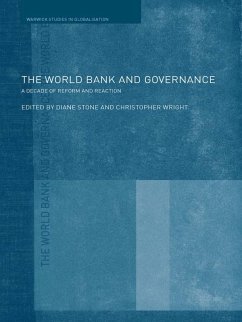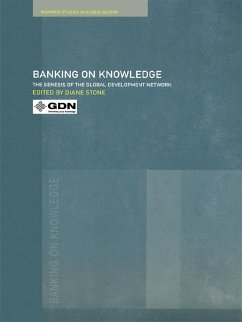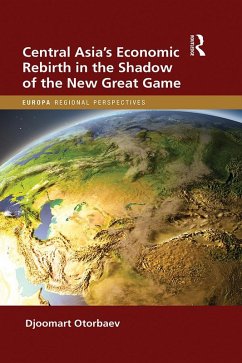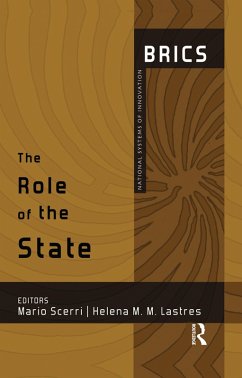overcome at individual and country levels, how wealth is created, and how democracy and sovereignty in a nation are secured.' -
O Won-chol, Former Chief Secretary for Economic Affairs to the President Park Chung-Hee of the Republic of Korea'Shaped and influenced by the author's early experience of poverty and a destitute childhood in the 1950s, this account of South Korea's economic and social transformation is deeply personal. It is also deeply relevant to today's global community at many levels; especially for leaders seeking to understand the pathology of poverty as a national chronic disease and formulate policies to transform underdeveloped economies. South Korea's inspiring transformation provides hope and lessons learned for undeveloped economies on the arduous journey of poverty reduction. For those of us working to support the cause of global poverty reduction, Dr. Chun's account is instructive to realize that break-through poverty reduction solutions are often at odds with the economic and development orthodoxies of the day. For this reason, this manuscript is a must read for corporate leaders and development practitioners seeking to develop positive impact solutions that create enduring economic and social value.' -
Kim Bredhauer, Group Managing Director & CEO, Palladium'Dr. Seung-hun Chun has crafted a compelling and thought-provoking book on South Korea's development experience. His attention to detail, careful analysis, and humanistic approach give great depth to the myriad of factors that have contributed to South Korea's rich and fascinating experience. Chun probes this experience with a sensitivity that obliges the reader to action to ensure that the trials and lessons from this country's rise out of destitution do not lay idly on a page but are used to inspire solutions to move families, communities, and countries out of poverty toward productive societies and a thriving economy. Chun's ambitions when writing this book were noble and high and it is a worthwhile endeavor to go with him through South Korea's transformation into a modern state. The reader will similarly undergo a transformation that will hopefully bring us closer in the fight to eradicate poverty and hunger.' -
Shenggen Fan, Director General, International Food Production Research Institute (IFPRI)'This is a fascinating insider's account of Korea's economic miracle. Even those familiar with the broad contours of Korea's transformation from fragile state to industrial powerhouse will learn a lot from this book. Its broad scope covers not only industrial policy but also lesser known aspects of Korean policy such as the green revolution, labour exports, and reforestation. The book tells Korea's remarkable story from a range of perspectives. The policy-maker's viewpoint is of course there, but the book also contains fascinating sketches of the country's leading industrialists as well as of some ordinary Koreans whose determination and achievements embody and explain the success of their mother-country.' -
Stephen Howes, Professor, Australian National University'South Korea's remarkable ascent from poverty to prosperity is one of the most important stories in the modern history of the world. Global development professionals often invoke it to show what is possible. In this expansive analysis, Seung-hun Chun brings this story to life and provides the necessary detail to draw lessons for other countries seeking to learn from South Korea's success. This work from a leader and long-time practitioner of economic development is an important and valuable contribution to the global development community.' -
Raj Kumar, President and Editor-in-Chief, Devex'In his book on the economic development miracle of South Korea, Seung-hun Chun vividly illustrates how a nation succeeded in moving to the centre of the world stage against a haunting past riddled with poverty, destruction and multiple foreign interventions. Dr. Chun's analysis benefits from his international experience, solid grasp of development issues and knowledge of Korean development projects since the 1960s. Nowadays China's economic growth impresses many developing nations. Yet, if there is an experience to emulate and be inspired by, it is not the giant state run by a single party machine but it is South Korea. Dr. Chun's examination convincingly argues that if leaders have an informed vision, technocrats have the capacity to devise and conduct industrial policies, and citizens and entrepreneurs are willing to work hard toward a common goal, economic growth and poverty reduction are within the reach of developing nations. For those political actors who frequently associate development with quick fixes and tangible assets such as roads and bridges, there is a crucial lesson here: without building good institutions and investing in people, their path to development will remain permanently blocked. I highly recommend this book to anyone interested in understanding the fundamentals of equitable development.' -
Dr Gül Berna Özcan, University of London, UK, and Author of Building States and Markets: Enterprise Development in Central Asia
(Palgrave, 2010)'This is a long overdue book as it is written by someone who was in the trenches as a development practitioner who was involved over the key period of South Korea's development, from the initial stages to the take-off stages. It is comprehensive in its undertaking and the author has chosen to weave in human stories to reflect how the devotion of the Korean people and the centrally driven public policies were able to come together on many development fronts. What has emerged from this excellent account is the insights given to the intersection between political leadership and public ownership which had been mutually reinforcing at critical points in South Korea's development history. These characteristics run through not only in the delivery of macro policies, industrial policies, but equally in the way rural modernization was achieved through the Saemaul Undong. The underlying dynamics driving the continuous renewal of the social contract offers inspiration and concrete ideas on developmental approach that could be taken by other developing countries, African ones. There is nothing more powerful than an account grounded in tangible concrete actions taken that led to the success of South Korea.' -
Hau Sing TSE, Executive Director, African Development Bank





